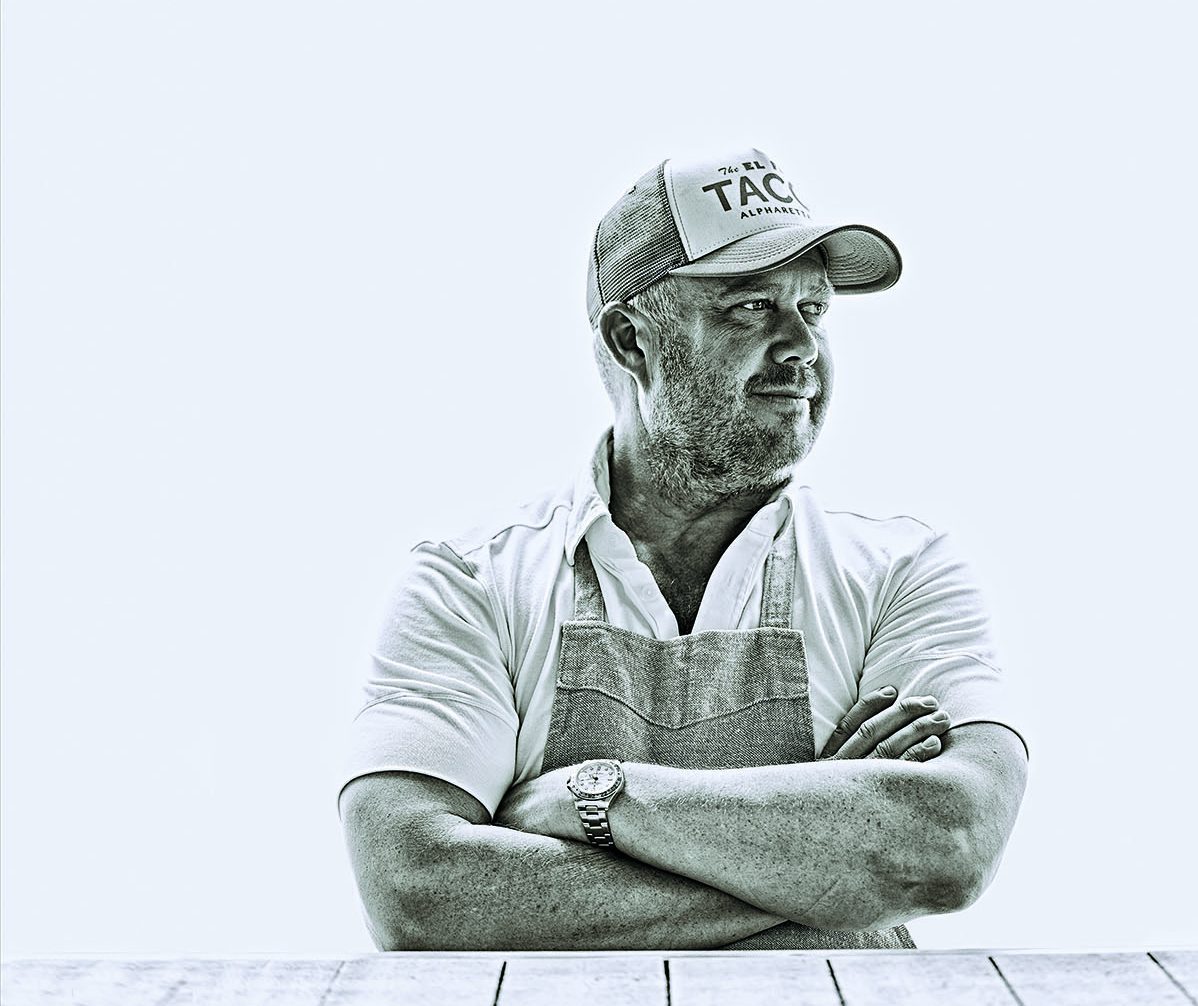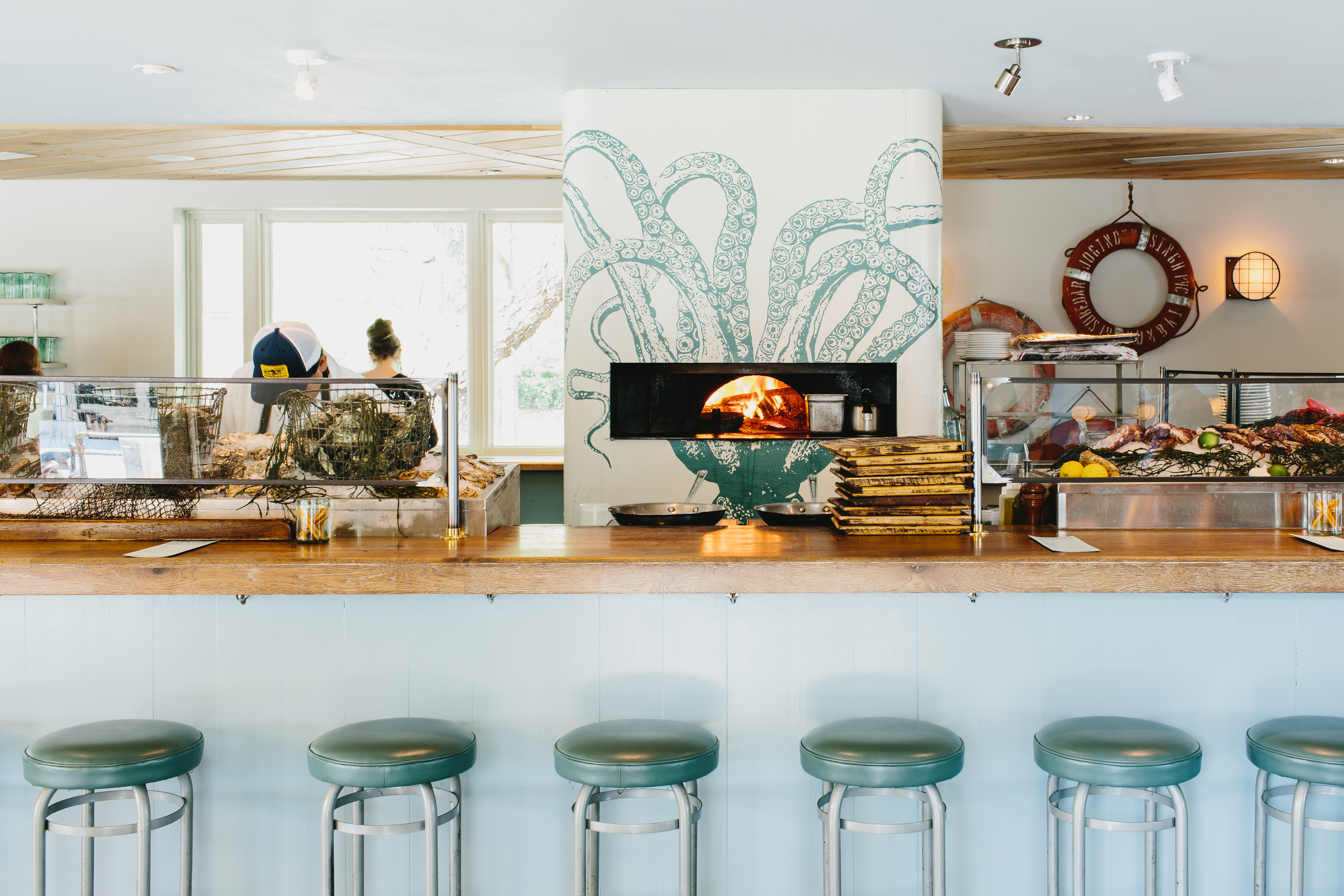A Lesson in Servant Leadership & Tacos: A Conversation with Ford Fry
Scroll Linkedin for 20 minutes and chances are high you will see the term “Servant Leadership” headline an article. It’s everywhere in business culture these days, but rarely is it practiced. If you don’t believe me spend 5 minutes talking with a friend about what their boss is like. Your friend may not use current “business speak”, but the tone used to describe their frustration is enough of a clue that they aren’t witnessing it day-to-day. This begs the question, if we intuitively know what servant leadership doesn’t look like, then what does it actually look like?
It’s Friday night and you are going to dinner with your significant other for a nice date. Immediately, you are greeted with a warm smile by the hostess and shown to your table. You can’t help but look around because every single detail in the place is so meticulously thought out. A specific vibe permeates throughout the building and quickly takes you to another place. So much so, the busy traffic you had to drive through to get there seems like a distant memory. The rest of the night is spent enjoying conversation and amazing food. The lighting and the music enhance the entire meal, and your waiter is someone you actually want to be friends with. You leave feeling refreshed, carefree, and likely with a pocket full of matchbooks.
Those of you who have experienced a night like this in Atlanta probably recognize that I am describing a Ford Fry restaurant. A restaurateur and chef of 16 restaurants across 3 states, Ford has a deep understanding of how to translate thousands of details into an unparalleled restaurant experience.
Over the years of experiencing his restaurants, I’ve tried to pin point what I think is so special about eating there. The subtle, cool details come to mind, and of course the food, but I’ve always known it was something else. Not until recently did I come to understand that it is the foundation of a servant’s attitude that makes it stand out. You can see it on your waiters’ face, you can hear it in the conversation with the bartender, and you can taste it in the food. At the root of all of this? Ford’s desire to serve others, which is defined by a humility rarely seen in successful business leaders.
I sat down with Ford to hear more about his story, his passion for food, and how he’s been able to build such a strong culture through servant leadership.






You must be logged in to post a comment.